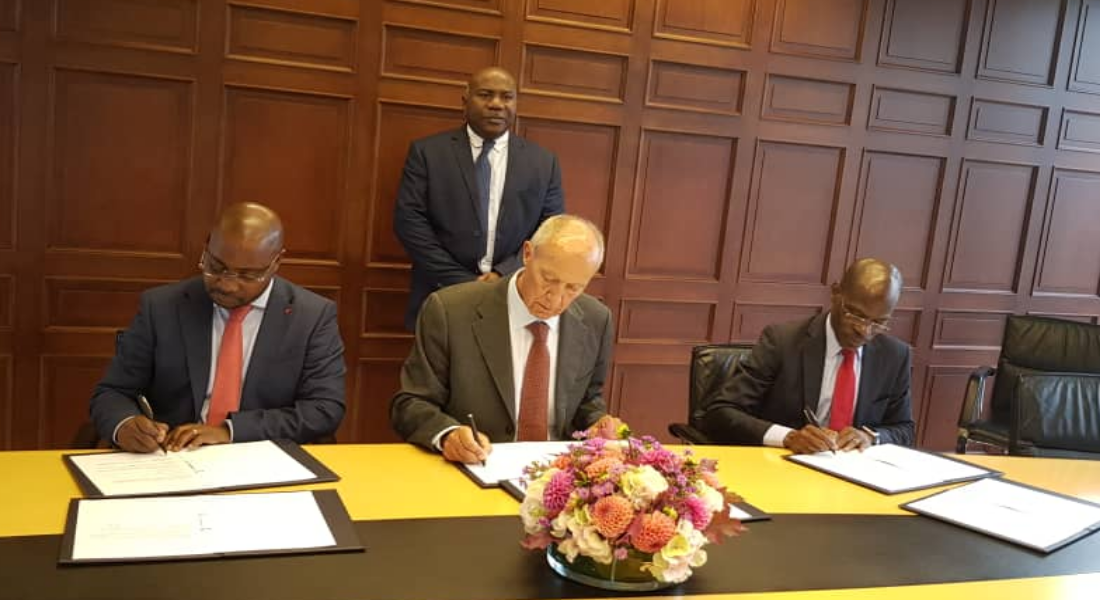Hardware Things: A mélange of sorts
Hello there and happy new year!
If you’re reading this, you’re taking time out of your holiday to do so. I’d like to thank you for that and hope you’re having a fun time. Today’s letter is short and sweet.
There are many stories that don’t make it to the newsletters because only a few can. Thankfully, December was a slow month so the stories in today’s letter are some of the best that couldn’t make previous letters.
Hardware Things is supported by readers like you, join them on Patreon.
Things I Enjoyed Reading
Cotton and other materials are made locally using a combination of methods that are often so crude, they might be unhealthy. The flip side is that some of these methods help upcycle older materials. In a 30-article series, Caroline Grellier explores what it means to make cotton in Benin Republic.
‘Contrary to common belief, our studies show that low-income earners are willing to spend more on quality products, if they are convinced the products will deliver the promised benefits’, with notes from the packaged food industry, three steps to design products for the bottom of pyramid customer.
Open AIR is a very active research group that focuses on the maker movement and informal entrepreneurship in Africa. One of their most recent working papers describes the makers of Morocco and Tunisia.
African hardware startups have one large step in their product development: waiting for parts. For The Prepared, which is one of the best newsletters ever, I wrote a feature exploring how startups like Tranos (Nigeria), Risha Laser (Egypt), Lumkani (South Africa) and BURN Stoves (Kenya) manage their supply chain.
Shameless plug: Patrick Collison and Tyler Cowen enjoyed the article, I think you would too!
Interesting Things
Chris Loughnane scraped the CES database for exhibitors in the wearable, digital health, fitness, and accessibility spaces and put it in a document.
Made in Machina/e: on the relationship between Nordic design and Chinese manufacturing culture, machine learning and the authorship roles in design.
Manholes don’t have to just cover sewers, they could serve as antennas to expand network coverage.
Company Spotlight
Honey is sweeter than sugar, supposedly. But commercial bee-keeping uses technology that hasn’t moved into the new century. Honey Flow is trying to change that by using networked boxes that monitor the weight, temperature, and humidity of hives in Nigeria.
Tweet of the Month
In case you missed it, WIPO, OAPI and ARIPO reach an agreement for IP in Africa. Read here:

WIPO, OAPI and ARIPO reach an agreement for IP in Africa - Inventa International
Three most important intergovernmental organizations regarding IP, in Africa and worldwide, World Intellectual Property Organization – WIPO, Organisation…
Personal Things
Next April, I’m presenting a workshop on Urethane Casting for Low Volume Production at Datasheet, Hardware Lagos’ first conference. Other workshops at the conference will be led by Craig Burden, Brendah Livoi and Olufemi Ogungbe. Check out the programme and get one of the 20 workshop seats, the main conference itself has some early bird tickets still available.
Also, the additional Hardware Things newsletter begins circulation on the 15th, don’t miss out on that.
Have a great month!
Chuma.